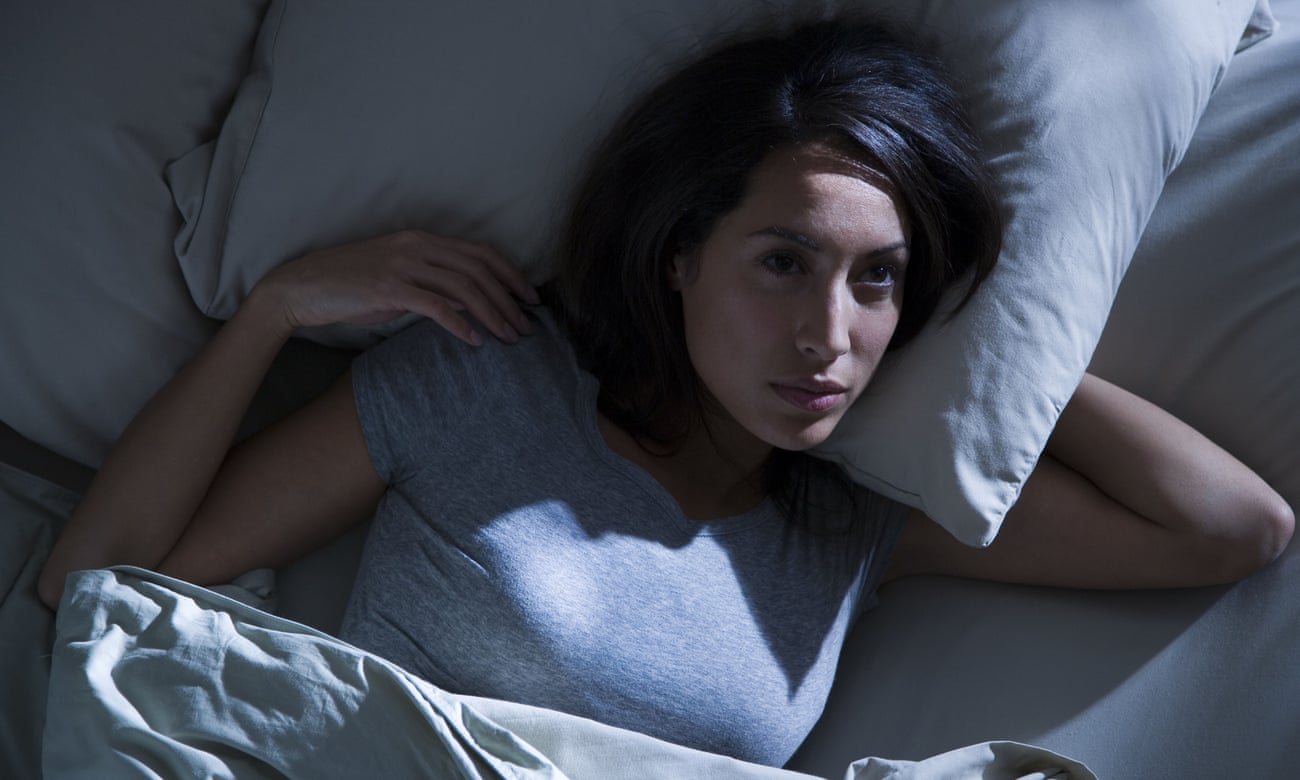If you’re one of more than 100 million Americans struggling to sleep at night, you might want to listen up. Studies show that getting inadequate sleep is not only hazardous to your health—it can also be deadly.
Surprising Statistics
We all miss getting a good night’s sleep occasionally. But doing so may affect us more than we know.
Consider these surprising statistics:
- Studies by the National Sleep Foundation suggest adults need seven to eight hours of sleep each night for optimal health.
- Only one-third to one-half of adult Americans consistently gets a good night’s sleep.
- According to the National Safety Council, at least 75 percent of automobile deaths can be directly attributed to alcohol and fatigue due to a lack of sleep.
- One-third of drivers in a 2008 sleep poll admitted to nodding off or falling asleep behind the wheel.
- 15 million American children don’t get adequate sleep—with those 12 and older at greatest risk, say researchers from the Columbia University School of Nursing.
- On average, adults today get 20 percent less sleep than previous generations.
The Importance of Sleep
So why is sleep so important anyway?
Experts say that, while we’re off in dreamland, our bodies perform crucial brain functions that can’t be reproduced while awake.
Sleeping helps keep our body’s internal clock regulated; preserves complex metabolic and hormonal processes; promotes normal physical, psychological and mental development, and restores us to good health.
It also allows our bodies to function efficiently and repair any processes that go awry.
Insomnia and Sleep Deprivation: Symptoms & Treatment
Gone unchecked, insomnia, described as difficulty falling asleep, can lead to long-term sleep deprivation, characterized by waking too early without being able to fall back asleep, frequent awakenings and extreme daytime tiredness.
Usually triggered by stress, depression, genetics, undiagnosed sleep disorders or other complicating factors such as age, diet and exercise or smoking habits, sleeplessness puts us—and sometimes those around us—at increased risk of injury and death.
A report from WebMD suggests that, if you notice yourself nodding off while driving, having difficulty concentrating, experiencing memory lapses or being snappy and irritable, you may be sleep deprived.
Short Term sleep loss is one thing. Go long enough without sufficient sleep, and progression to physical ailments, including heart disease, diabetes, obesity, high blood pressure, cancer or stroke becomes more likely.
That means higher insurance rates, too.
Worse yet, in time, repeated lack of sleep can lead to early death—and that’s a price never worth paying.
Tips for Better Sleep
To help you log at least seven to eight hours of sleep each night and remain healthy, we recommend these tips for better sleep:
- Establish a calming, nightly ritual, such as taking a warm bath or reading a book.
- Turn off the computer and TV at least an hour before bedtime.
- Cut back on alcohol and caffeine.
- Take short naps of fifteen to 20 minutes whenever possible, and as needed, to prevent sleepiness throughout the day.
- Resist the urge to eat or exercise less than four hours before going to bed.
Sleeping can help cure what ails us, extend our lives and improve our quality of life. It appears there’s just no substitute for a good night’s rest!
